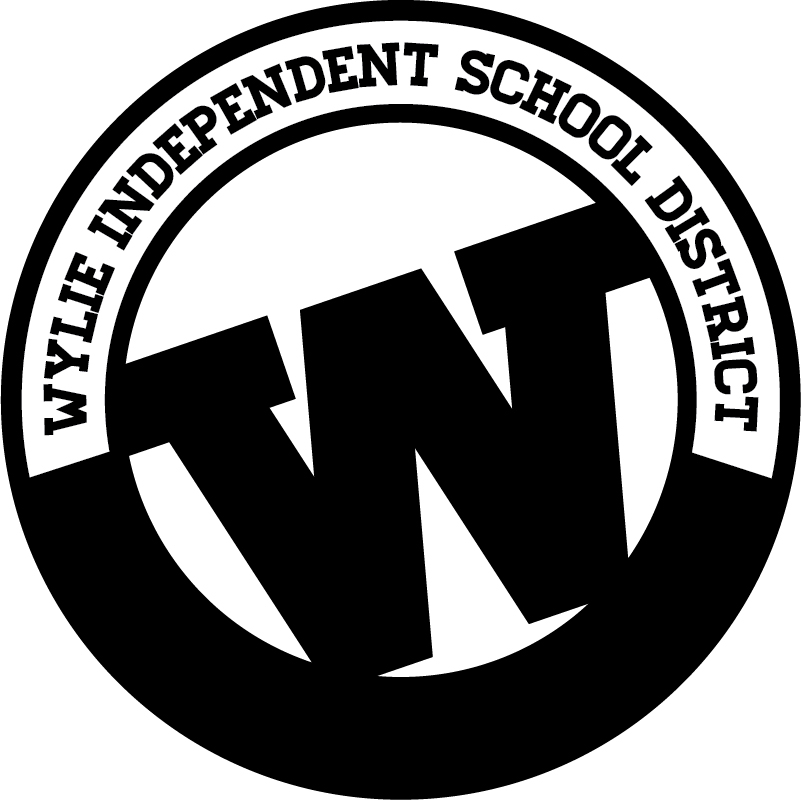Key takeaways you will find in this article
- •Modern work order software improves maintenance efficiency with mobile access, customizable workflows, and real-time updates
- •Leading solutions offer unique features for different organizational needs
- •Implementing the right tool can boost work order completion rates, reduce errors, and provide greater visibility into facility operations
Table of contents
Facilities teams face mounting pressure to do more with less. Leaders have fewer staff, tighter budgets, and rising expectations for uptime, safety, and compliance.
Leveraging the right work order management software helps leaders stay ahead.
Whether you’re managing a school district, local government property, or a portfolio of commercial buildings, modern work order software streamlines your operations, improves communication, helps with work order prioritization, and delivers actionable insights. Here’s what to look for in a solution and which platforms stand out in 2025.
What makes good work order software?
The best work order software empowers teams with speed, clarity, and flexibility. Look for these essential features:
Mobile usability
Field teams need fast access to work orders, asset histories, and documentation. Mobile-friendly platforms let technicians view tasks, update statuses, and upload photos directly from their devices, improving response times and reducing back-and-forth.
Customizability
Every organization operates differently. Strong platforms let you tailor workflows, forms, user roles, and automation rules.
Real-time communication
Work order platforms with real-time updates and notifications help teams stay in sync. Instant status changes, alerts, and messages reduce delays and keep everyone aligned throughout the maintenance process.
Photo upload capabilities
Photos add essential context to work orders. Technicians can use images to verify issues, document progress, and complete repairs properly.
Recurring work orders
Preventive maintenance is easier with recurring work orders. Teams can automate regular tasks like inspections or filter changes, ensuring nothing gets missed and tracking completion over time.
E-signature sign-offs
E-signatures let teams capture approvals on mobile or desktop, improving accountability and compliance. They’re especially useful for audits, safety checks, or validating completed work.
Asset management compatibility
Linking work orders to assets gives you full visibility into each asset’s history, maintenance needs, and lifecycle. This connection helps with capital planning and avoids duplicate work.
Detailed reporting
Built-in reporting tools make it easy to track completion rates, technician performance, and recurring issues. These insights help teams identify trends, prioritize work orders, adjust workloads, and improve decision-making.
Top work order software solutions in 2025
Several platforms continue to lead the pack this year. Here’s a breakdown of the most trusted solutions:
| Software | Best suited for | Strengths | Average rating (out of 5) |
|---|---|---|---|
| FMX | Education (K-12 and HE), government, commercial organizations | Highly customizable, easy-to-use, strong customer support, mobile access, robust reporting | 4.9 |
| MaintainX | Small to mid-sized teams needing inspections and collarobation | Real-time messaging, digital checklists, barcode scanning | 4.8 |
| UpKeep | Small to mid-sized teams | Mobile-friendly, customizable workflows, asset and inventory tracking, loT integration | 4.6 |
| Limble | Smaller teams getting started quickly | Parts/inventory tracking, QR code-enabled work request portal | 4.6 |
| Fiix | Growing organizations scaling operations, predictive maintenance needs | Predictive maintenance analytics, open API/integrations, drag-and-drop scheduling | 4.4 |
| eMaint | Larger or complex operations, global enterprises, compliance-heavy industries | Multi-site and multilingual support, advanced analytics, strong reporting | 4.3 |
1. FMX
FMX is a highly customizable mobile solution built to meet the needs of education, government, and commercial organizations. Known for its ease of use, robust configurability, and standout customer support, FMX consistently earns high marks from teams that need flexibility without sacrificing power.
Features and benefits:
- Custom workflows and user permissions
- Mobile access with photo and file uploads
- Asset lifecycle tracking
- Real-time reporting dashboards
- Unlimited requesters without additional fees
2. MaintainX
MaintainX offers work order management to support inspections, preventive maintenance, and team collaboration.
Benefits:
- Real-time messaging
- Digital checklists
- Barcode scanning for assets and equipment
3. UpKeep
UpKeep is ideal for small to mid-sized teams, it offers mobile features and customizable workflows.
Standout features:
- Asset and inventory tracking
- In-app work order chat
- Integration with IoT sensors
4. Fiix
Fiix combines core functionality with maintenance insights. It works for organizations scaling their operations and pursuing predictive maintenance.
Highlights:
- Open API and integrations
- Predictive maintenance analytics
- Easy drag-and-drop calendar scheduling
5. Limble
Limble CMMS is popular among smaller teams that want to get started in the system quickly.
Notable capabilities:
- Automated PM scheduling
- Parts and inventory tracking
- Work request portal with QR code support
6. eMaint
eMaint offers functionality for larger or more complex operations like global enterprises and compliance-heavy industries.
Differentiators:
- Multilingual, multi-site capabilities
- Advanced analytics and reporting
- FDA and ISO compliance support
Benefits of implementing work order software
Regardless of the platform you choose, modern work order software delivers tangible benefits. Modern work order software delivers measurable improvements across maintenance operations, irrespective of your chosen platform.
It helps increase work order completion rates with task assignments. This improves accountability, allowing teams to follow through more efficiently. With automated scheduling and timely reminders, technicians complete tasks more consistently and on time, reducing the risk of missed deadlines or overlooked requests.
These platforms also allow other employees to submit maintenance requests more easily. User-friendly digital forms allow anyone to report issues quickly, boosting visibility and minimizing delays. Digital work orders help reduce data entry errors and standardize workflows for greater accuracy. With all requests and updates centralized, teams can monitor progress in real time, see what’s pending or completed, and ensure that nothing slips through the cracks.
Best work order software in action: FMX and Wylie ISD
To see these benefits in action, look no further than Wylie Independent School District in Texas.

Challenge: Manual systems and communication gaps
Wylie ISD was relying on paper forms and email chains to manage work orders, which often led to missed requests, delayed repairs, and limited visibility into technician workloads.
Solution: Centralized, digital work order management
With FMX, the district rolled out a digital platform that allowed teachers and staff to submit maintenance requests through a simple online portal. The maintenance team could access and respond to work orders in real-time via mobile devices.
Results: Faster turnaround and greater accountability
- Maintenance request submissions increased significantly due to the simplified interface
- Technicians were able to complete tasks more efficiently, thanks to mobile access and photo documentation
- Administrators gained new visibility into work order trends, enabling smarter staffing and budgeting decisions
Ready to modernize your maintenance process?
Implementing the right software is the first step in improving work order completion rates or eliminating communication bottlenecks. FMX gives organizations like Wylie ISD the tools to streamline operations, improve accuracy, and plan more effectively.
Explore how FMX can help your team work smarter, not harder. Reach out to book a demo today.
Written by
Zach Jones
Zach is a content marketing professional with over a decade of experience shaping B2B messaging in asset management, facilities management, logistics, supply chain, and SaaS.
